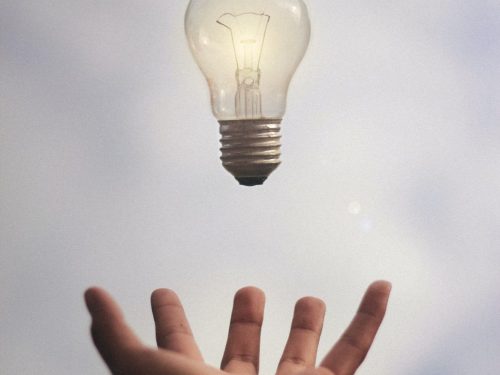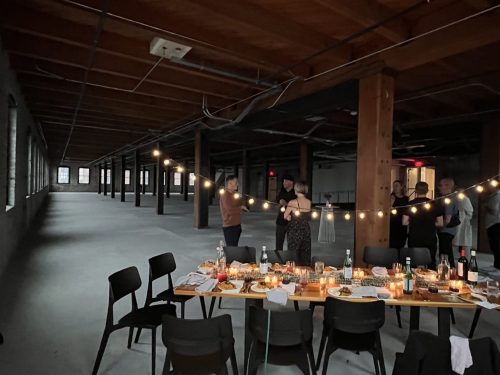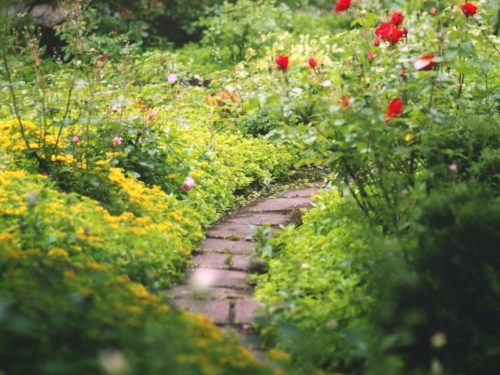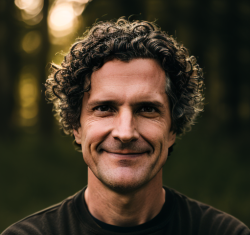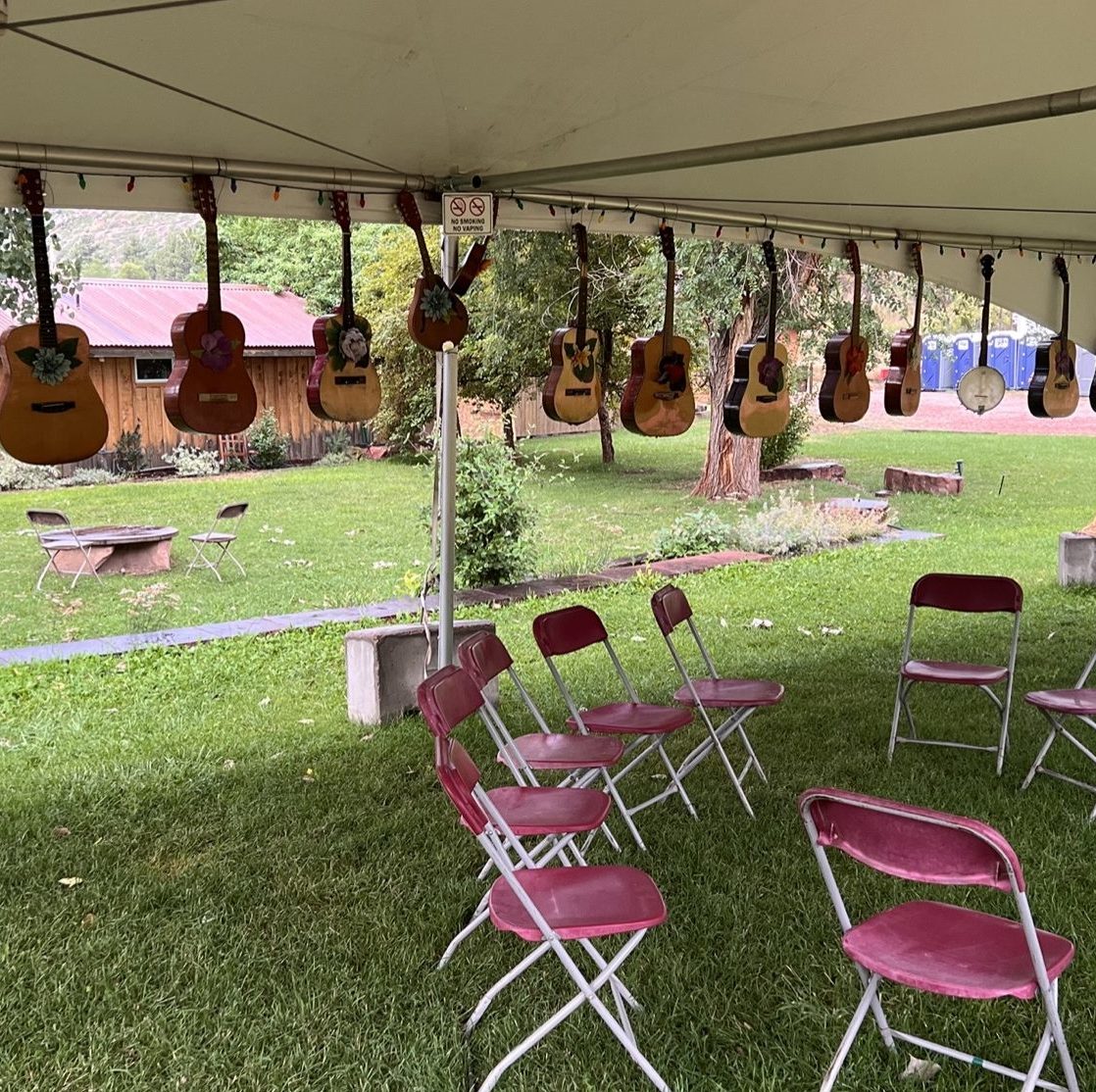
Do I belong here?
I recently attended Song School, a songwriting camp in Colorado. It was a wonderful experience of being with fellow travelers. Like me, everyone loved writing songs, playing songs, and learning about songs. We spent all day outside, exploring the craft of songwriting under open-air tents nestled in a little canyon. Creativity, learning, and support were abundant. I can’t wait to go back next year.
Yet below the surface, I was navigating some uneasy territory.
My mind kept scanning for reasons why I didn’t belong here. It said I need to sing better, play more interesting guitar, feel less nervous on stage. Once I do those things, THEN I’ll really be a part of this community.
(I’m grateful to have a mindfulness practice that helps me shift away from these negative internal thoughts…more on that below.)
My mind was caught up in two common, human longings. The first is to be part of a group. We want to know there are people “like us” with whom we feel safe, at ease, and accepted.
The other is to be a better version of ourselves, experience more self-agency, creativity, and personal efficacy. We believe this, too, will make us feel more at ease.

Looking in the wrong places
Both longings are about belonging. In the first case, we want to belong to a group. In the latter, we want to belong to a future where we are more accomplished.
But there’s a problem with each of these. The underlying assumption is that we are currently not enough. In order to become “enough,” we need something from outside ourselves.
Any security we gain from these externally-sourced (be)longings is tenuous. They come with an underlying anxiety. Other people can reject us, leaving us feeling abandoned and self-loathing. Or we can accomplish a goal and realize the gnawing feeling to “do more” quickly returns.
The sad reality is, it’s easy to spend much of life figuring out how to belong…to life!
Can you imagine believing you belong anywhere, with anyone, exactly as you are?
What a relief that would be.
Is it possible?
A paradox of wealth
This tendency to look externally for belonging can be especially strong for those who inherit wealth. This is a great paradox: tremendous material opportunity is often coupled with existential unease.
There are many brilliant, highly accomplished inheritors who struggle with questions like:
- Did I really earn my chances in life?
- Do I have good ideas, or are people just deferential to me?
- Will I ever be as accomplished as my wealth-generating forebears?
- Who am I, outside the identity that money creates?
- Do I even know that person?
- Does that person exist?!
Belonging to the universe
In 1990, Carl Sagan had a beautiful idea. He asked NASA to turn around Voyageur 1, just as it left our solar system, to take the ultimate selfie. The result is a photo of Earth as a “pale, blue dot” in an immense shaft of light. He wrote,
*Look again at that dot. That’s here. That’s home. That’s us. On it everyone you love, everyone you know, everyone you ever heard of, every human being who ever was, lived out their lives…every young couple in love, every supreme leader, every confident religion, every saint and every sinner…lived out their life on a mote of dust suspended in a sunbeam.”
That’s an inspiring vision of belonging.
We all belong to the universe, exactly as we are. Our failings and triumphs belong right alongside everything and everyone else that’s ever existed. In fact, by definition, the known universe would not be what it is without each of us being exactly as we are. That would be an alternate universe.
How would your life be different if you felt this truth in your heart?
Belonging to ourselves
We can experience life this way.
It requires a radical shift in how our minds tend to work, just as I needed to shift my mind at Song School. In his phenomenal book, In the Realm of Hungry Ghosts, Dr. Gabor Mate describes it this way:
Many of us resemble the drug addict in our ineffectual efforts to fill…the void at (our) center, with sources of meaning and value that are fleeting. Our consumerist, acquisition-, action-, and image-mad culture only serves to deepen the hole, leaving us emptier than before. The constant, intrusive, and meaningless mind-whirl that characterizes the way so many of us experience our silent moments is, itself, a form of addiction—and it serves the same purpose, to remove the emotional pain…but all it can ever achieve is to cover it up temporarily.
—
The antidote is self-love, the radical belief that we are worthwhile exactly as we are. This is tremendously freeing.
According the Brain and Behavior Research Foundation, self-love “grows from actions that support our physical, psychological and spiritual growth. Self-love means having a high regard for your own well-being and happiness, taking care of your own needs, and not sacrificing your well-being to please others.”
Cultivating self-love is as simple as honoring and immersing into your own experience in the present moment.
The risky present moment
Truth be told, centering oneself in the present moment feels risky. It’s a palpable sense of letting go of our mind’s worries, preoccupations, and planning. It’s like letting go of the side of a pool when learning to swim. We want to hold on so tight, believing our thoughts will keep us safe . We can also get addicted to thoughts of longing for something we want.
In either case, the mind produces ongoing narratives that undermine self-love.
When my inner critic started acting up at Song School, I found other places to shift my awareness. I loved looking at the flickering texture of light in the trees. I also found great joy watching people watch others learn and create. The awe, appreciation, and curiosity expressed on the faces around me while a fellow student courageously volunteered to have their song “workshopped” was sublime.
I quickly forgot about whether or not I belonged. I belonged to the present. I belonged to myself.
That’s what self-love teaches us to do. We don’t look to other people or external accomplishments to know we are OK. We feel at ease because we accept who we are exactly as we are, right now.
This leads to that deep sense of belonging to the universe that Sagan and many wisdom traditions have described.
Existence needs you. The stars and sun and moon, the trees and birds and earth – everything in the universe will feel a small place is vacant which cannot be filled by anyone except you. Existence cares for you…tremendous love falls on you from all dimensions.
~Bhagwan Sri Rajneesh
But would I sit around all day?
If self-love leads to full acceptance of ourselves, would we stop caring about what other people think?
Would we sit around all day feeling self-satisfied?
Not at all. But the underlying motivation to act shifts significantly.
Activities that used to stem from longing, aversion, or anxiety now are rooted in curiosity, compassion, and a desire for authentic connection. We act with more energy, clarity, and confidence. We act with less confusion, lethargy, and resentment.
In this way, self-love may expand our life’s possibilities more than material wealth does. We are free to roam the widest circle of belonging.
Being so comfortable and free, what might be possible in your life?
Song School wisdom
At the beginning of Song School, we were given a packet filled with workshop descriptions and inspiring quotes. I read this one as a description of self-love:
No one can realize how substantial the air is until they feel its supportive power beneath them.
~Otto Lilienthal


Subscribe to my newsletter.
I try to send one per week. But I’m committed to not being mechanistic about it.
Life happens in cycles and so does my newsletter energy.

